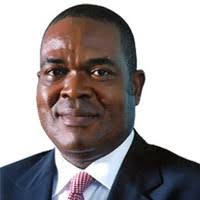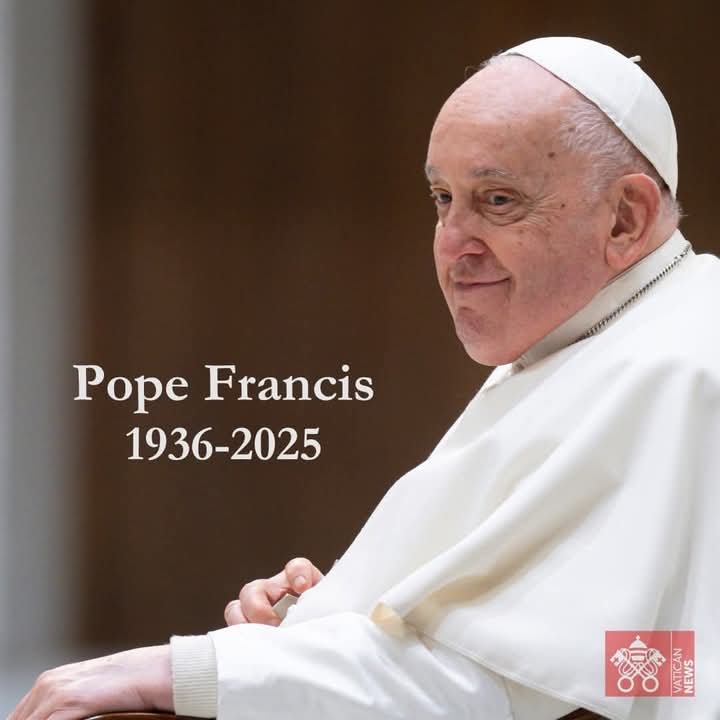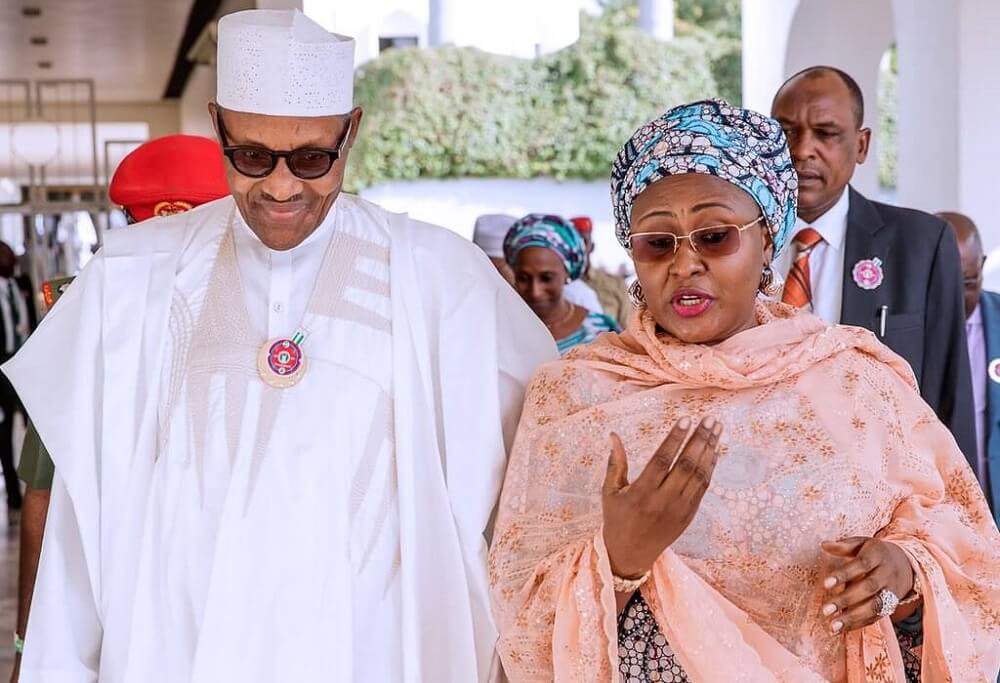By Marcel Okeke
One of the cheerleader-organizations of Nigeria’s recent economic reforms—The World Bank—seems to have turned a turncoat, and raised a worrisome alarm on the rapid growth of extreme poverty in the country. The Bank warned that extreme poverty is growing rapidly in Nigeria and 38 other economies affected by conflict and instability, worsening hunger and pushing development goals further out of reach.
The Bank made this known in a recent statement titled: “Extreme Poverty is Rising Fast in Economies Hit by Conflict, Instability”, based on its post-COVID assessment of fragile and conflict-affected states. Nigeria is listed among the 39 economies the Bank classified as being in fragile and conflict-affected situations. This group includes Haiti, Yemen, Syria, Sudan, Afghanistan, Democratic Republic of Congo, and Venezuela, among others.
The World Bank said in the case of Nigeria, “insecurity from banditry and kidnapping in the Northwest, and prolonged insurgency in the Northeast, are the major drivers of fragility.” According to the Bank’s findings, economic conditions in these fragile states have continued to deteriorate since the pandemic (Covid-19), even as other developing economies have begun to recover.
“Since 2020, their per capita GDP has shrunk by an average of 1.8 per cent per year, while expanding by 2.9 percent in other developing economies,” the World Bank said, adding that this year (2025), 421 million people are struggling on less than US$3 a day in economies afflicted by conflict or instability—more than in the rest of the world combined.
For Nigeria, however, although its GDP figures look better than the group of conflict-hit economies as shown by the World Bank, it is obvious that the impoverishment of Nigerians in recent times has been largely policy-induced. Specifically, the outcome of fuel subsidy removal in May 2023, and Naira floatation (June 2023) in the foreign exchange (FX) market have practically been dragging the economy into a bottomless pit. Fuel subsidy removal, unarguably triggered the worst spike in inflation rate in Nigeria; pushing the prices of all goods and services through the roof. This, in consequence, took the prices of all conceivable items beyond the reach of most Nigerians. The upshot of this has been a drastic decline in the purchasing power of the populace.
As the rate of inflation keeps soaring, the local currency has remained on endless depreciation: moving from N450/US$1 in May 2023 to N1570/US$1 as of today. Similarly, while a liter of fuel (Premium Motor Spirit, PMS) was selling at N187 per liter in May 2023, it has since been selling at N1000 per liter, or more in some locations.This trajectory really translates to unabated impoverishment of a huge chunk of the population. For instance, while the minimum wage of thirty thousand Naira as of May 2023 was an equivalent of US$67 (at exchange rate of N450/US$1), the new minimum wage of N70000 is only about US$45 (at today’s exchange rate of N1570/US$1).
Thus, the minimum wage earner, in just a matter of few months, has been made poorer by losing US$22 to the nosedive of the Naira vis-à-vis the dollar. In local terms, he could buy ten bags (of 50kg ) of cement at three thousand Naira each as of May 2023, but can only buy seven bags (with the new minimum wage), since the price of cement has jumped to N10,000 per bag in recent times.By the same trend, a car owner could spend about ten thousand Naira to buy 50 liters of PMS (at N200 per liter) as of May 2023; today, he will need N50,000 to pay for the same 50 liters. If he has been on an income of a hundred thousand Naira (per month), it would mean that, hitherto, he was spending a tenth of his income on fuel (per month), but now, he would be spending half of his total income to buy same volume of fuel for his car. He’s been caught in the poverty trap!This trend, a feature of all aspects of life in Nigeria in the past two years, has pushed millions of people into abject poverty, and many more into outright destitution. This ugly situation falls in line with the World Bank’s report earlier in the year, that Nigeria was home to 19 per cent of “extremely poor” population in sub-Saharan Africa, the highest share across the region.
In its April 2025 ‘Africa’s Pulse’ report, the Bank said the sub-Saharan Africa remains the global epicenter of extreme poverty, positing that the region accounted for 80 per cent of the world’s 695 million extremely poor people in 2024. That is about 560 million people living on less than US$3 per day!Following from these figures, Nigeria’s proportion (almost 20 per cent), amounts to about 113 million persons living in extreme poverty. This largely corroborates the 133 million people living in multidimensional poverty in Nigeria as of 2022, according to the National Bureau of Statistics (NBS).The poverty crisis in Nigeria has obviously been exacerbated by the fallouts of economic policies and reforms in the past two years. And this has far-reaching implications that affect various aspects of the country and its people.
In point of fact, the poverty crisis has had significant security implications, including a rise in crime, banditry, kidnapping and terrorism. The crisis has created a fertile ground for terrorist groups to recruit and spread their ‘ideology.’ Still on the social front, there is widespread hunger and malnutrition. The World Bank itself estimates that there are over 25 million people facing food insecurity; coupled with about 20 million out-of-school children, the highest number globally.The poverty crisis has also led to a consistent decline in Nigeria’s GDP per capita; which has dropped to US$824 (2024), from an all-time high of US$3,136.832 recorded ten years ago in 2014. This decline has resulted in widespread unemployment, with millions of Nigerians struggling to make ends meet.
All these point to the ‘urgency of now’ for the Government to rework its policy initiatives; prioritize the wellbeing of the citizenry. In the words of John Maynard Keynes, a famous British economist, “in the long run we are all dead.” This does not necessarily mean stort-termism.
Keynes admonishes that economic policymakers should focus on pragmatic solutions rather than waiting endlessly for the potential long-term benefits of their actions. For Nigeria, the plethora of policies in recent times have been having more of unintended consequences: rising poverty, hunger, unemployment, ‘japa’ phenomenon, increasing crime rate and criminality, etc.Without a doubt, there is a direct relationship between increasing rate of poverty and rising crime and criminality trend in every polity. The World Bank’s alert on fast expanding extreme poverty in Nigeria is therefore a timely clarion call on the Government of the day to rejig its policies to arrest a looming cataclysmic socio-economic upheaval. It is time to give Nigerians a real ‘Renewed Hope,’ while on the journey to the elusive Eldorado!

The author, Okeke, a practicing Economist, Business Strategist, Sustainability expert and ex-Chief Economist of Zenith Bank Plc, lives in Lekki, Lagos. He can be reached via: obioraokeke2000@yahoo.com (08033075697) SMS only




